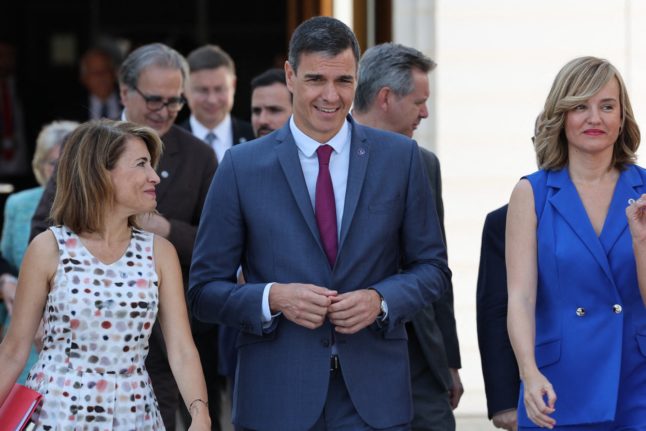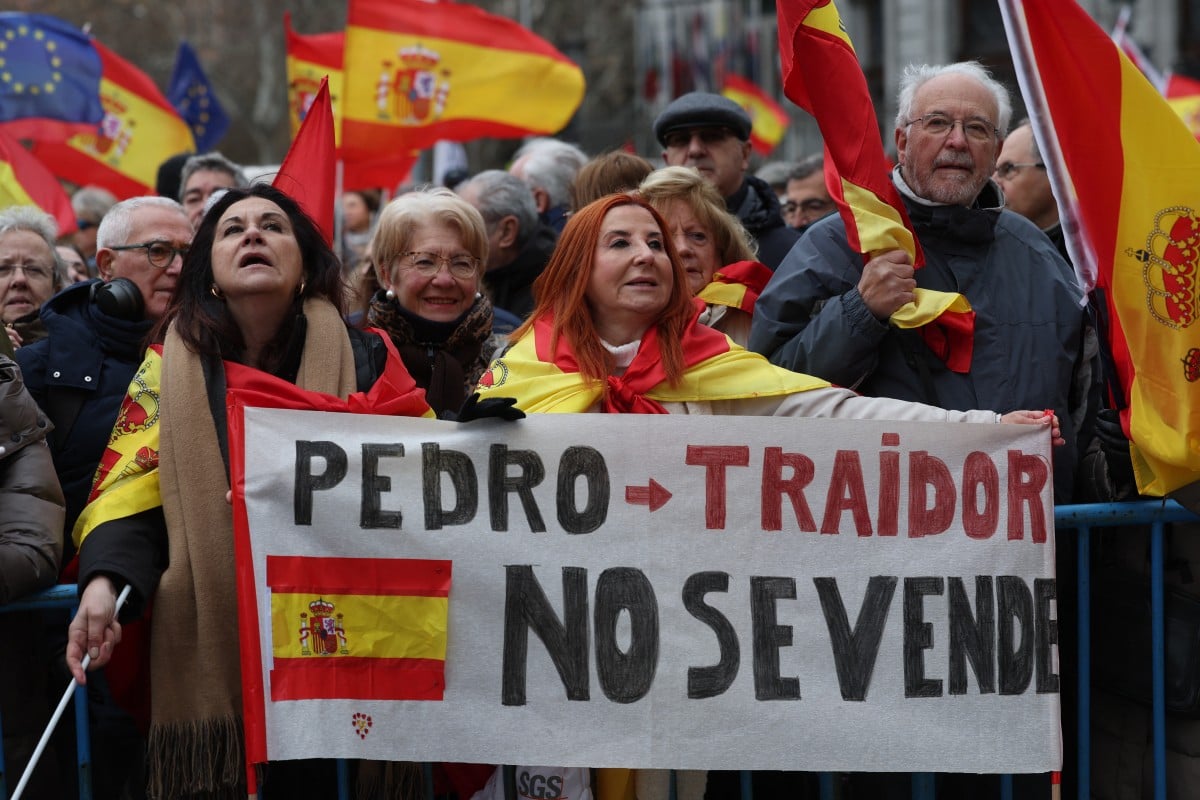Spain’s Council of Ministers has reapproved its new equal representation law, which will affect big companies and public government bodies.
The law was first pre-approved back in March, and though touted by Prime Minister Pedro Sánchez at the time as a step in the right direction for gender equality in Spain, it was ultimately dropped due to the general election being brought forward to July.
The parity law will make it compulsory for there to be at least 40 percent representation of women in government, on the boards of directors of large companies, and in constitutional bodies. It is designed to guarantee equal opportunities between men and women, especially in important positions, both in the public and private sectors.
When it was first announced in March Sánchez said “not one step back” will be taken in defence of equality between men and women, assuring that the law’s new measures will not be dependent on whichever political parties are in government.
READ ALSO: Spanish senate gives green light to new trans law
The government spokeswoman, Pilar Alegría, announced the reapproval of the draft law at a press conference following a Council of Ministers meeting this week: “Women have to have half of the political and economic power of the country,” she said, adding that, with this rule, “a fundamental step is taken to… real equality between men and women.”
Alegría also emphasised that this is the first law approved by the government since its reelection and is therefore “a declaration of intent.”
“This is a feminist government,” she added.
What will the parity law apply to?
- Parliament and Senate – Parties such as Sumar, Unidas Podemos and PSOE were already ensuring that they had female representation on their own initiative, but it is now mandatory by law. This means that 44 percent of the seats in Spain’s Congress and 39 percent in the Senate must be occupied by women.
- The Council of Ministers – The Council of Ministers (or Spanish Cabinet) must be “balanced” and have an equal number of men and women, so that each sex must represent at least 40 percent of the total.
- Boards of directors of large companies – The law will be applicable to large listed companies or public interest entities that have more than 250 employees and an annual turnover of €50 million. 40 percent of management positions will have to be filled by women. The presence of women on the board was already a recommendation of the National Securities Market Commission (CNMV), the supervisor of the securities markets, but there are many other companies that can also benefit.
- Governing Boards of professional associations and public recognition juries – The governing boards of professional associations and the juries that award prizes with public money must also comply with the minimum percentage of 40 percent of each sex.
When will the law come into force?
The approval of the equal representation law means that other legislation already in force such as the general electoral regime, the Government Law and the law on professional associations, among others will also likely need to be modified.
The law must now be submitted through a long process that includes possible amendments, as well as debates and voting in Congress and the Senate. It will only enter into force once it is published in the Official State Gazette (BOE) which will happen once the legislation has made it through the Congress and Senate.
With the delay due to the surprise snap general election in July, the implementation schedule for the law has now been made more flexible, ranging from 2024 for the Ibex 35 (the Spanish stock market) to as late as 2028 for some public bodies.
In 2022 Spain ranked 6th in the EU on the Gender Equality Index with 74.6 out of 100 points. Its score was 6.0 points above the average EU’s score.
Despite this, there is still a gender wage gap in Spain. Women earn on average 21 percent less than men in Spain and they are in the minority when it comes to the highest wage brackets, according to recent data from Spain’s National Statistics Institute’s (INE) Active Population Survey.





 Please whitelist us to continue reading.
Please whitelist us to continue reading.
Member comments